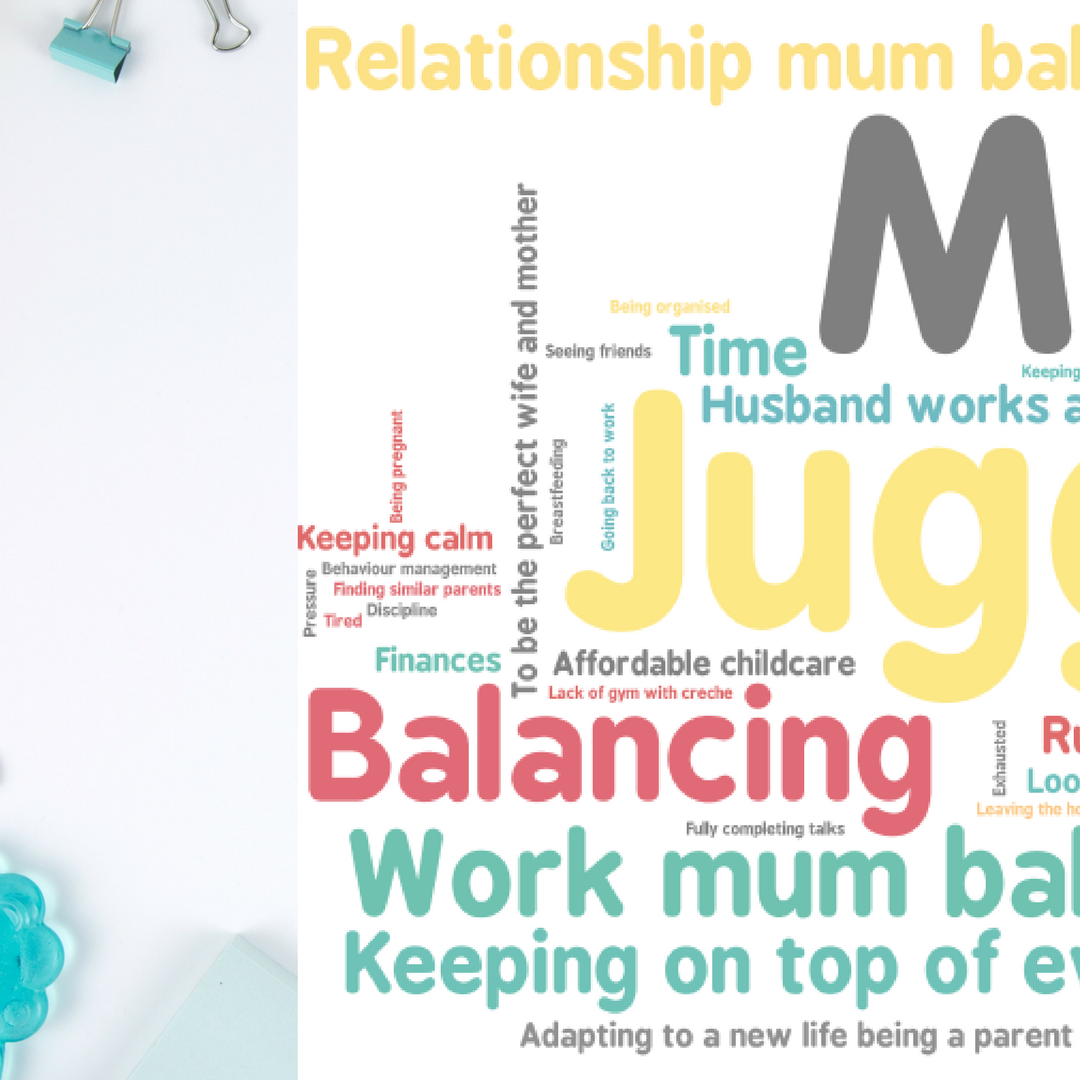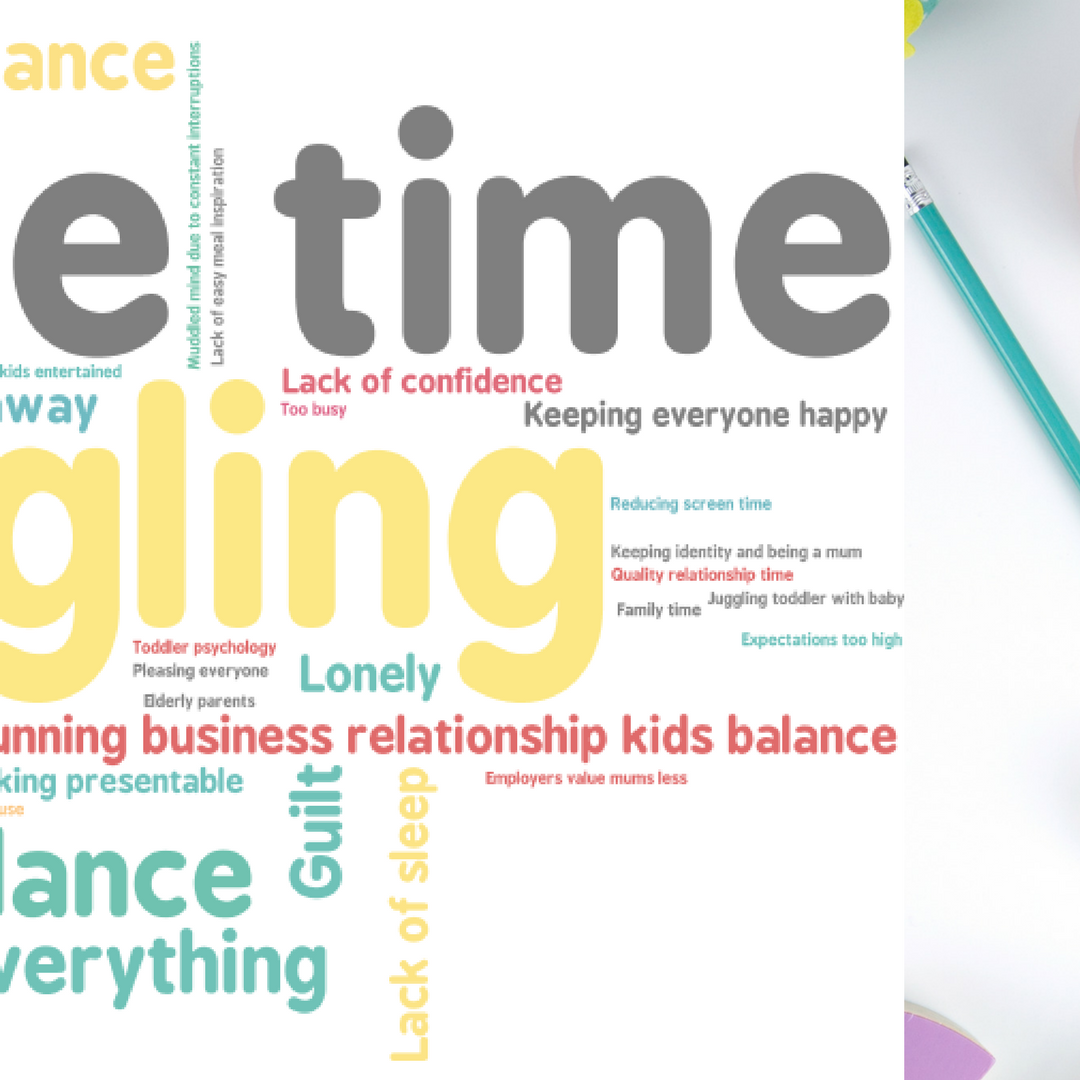Do you feel like your hormones are going haywire? Do you experience PMT every month, which changes your mood and your ability to manage stress? Do you have heavy periods, or no period at all? Or perhaps you’re peri-menopausal or going through the menopause, and you’re struggling to find ways to manage as your hormones shift.
All of these issues can be exacerbated or caused by hormone imbalances - your sex hormones oestrogen and progesterone should be kept in beautiful harmony across your cycle, interacting with other hormones like insulin and cortisol in a balanced way. Yet very often, these hormones can become a bit haywire, and your diet and lifestyle can play a huge role in this.
So today, I wanted to share some of my top tips for balancing your hormones, so that you can help to keep your cycles more in harmony.
1. Blood Sugar Balance
If you’re skipping meals, living on caffeine and letting your blood sugar swing all over the place, then this can imbalance your hormones. You may feel like you can’t get through your day without something sugary to keep your energy up, or a coffee to keep you going. The problem is, the more sugar and caffeine you have, the more you need it to keep going. Try to choose more sustainable, slow releasing forms of energy. This starts with ensuring each meal has a good handful of protein in it - including breakfast.
So many women forget protein at breakfast, or any kind of breakfast at all. Protein comes from meat, fish, eggs, dairy, nuts, seeds, beans and pulses, plus quinoa and buckwheat - so it might be as simple as a teaspoon of almond butter on your porridge or a big dollop of yoghurt, or some peanut butter on your toast (a good heaped teaspoon - think more protein and healthy fat, less carbs).
Also if you’re snacking, base this around protein - so if you’re having a coffee - have a few nuts with it or a rice cake with hummus on. Yes ideally we wouldn’t need to snack - but if you’re rushing around and finding you end up with low blood sugar and craving all the wrong things - then it’s better to have a protein-rich snack instead.
2. Switch to SLOW carbs
Instead of white carbs, such as white bread, white rice and cakes and biscuits, choose slow releasing foods that are higher in fibre. Not only will this help to keep your blood sugar more balanced, it may also help to support your gut microbiome. All the trillions of friendly organisms in your digestive system also help to support your hormonal balance, by supporting a healthy clearance of oestrogen. Slow carbs include sweet potato, white potatoes with skins on, brown rice, quinoa, pulses such as beans and lentils (and bean and lentil pastas), and root veg such as swede, parsnip and squash. Also work on reducing the amount of sugar you eat.
3. Get in the greens!
Yep you need to eat plenty of veg to support your balance of sex hormones, and this especially includes dark green leafy veg such as broccoli, spinach, kale, watercress, as well as cauliflower, sprouts and green cabbage. Aim to get in a couple of large handfuls of these everyday - you can put some kale in your smoothies, have broccoli with your evening meal and add some spinach, watercress and dark lettuce leaves to your lunch. If you eat hardly any greens at all right now, just build up slowly or you may find you get really windy as your gut gets used to them!
There are so many factors to consider with your diet and lifestyle when it comes to hormone balance. These are just a few things to think about, and getting to the underlying causes of your hormonal swings is the key.
Catherine Jeans is a fully qualified and highly experienced Nutritional Therapist, Author and Speaker specialising in family health. She works with 1,000s of clients globally whilst retaining her practise locally in Norwich, Norfolk.
Alongside her one to one clinic she also has a range of group and self-study nutrition courses. The courses cover a plethora of information focusing on making changes for life and making good nutrition normal for your family.
For more information about her work with women and hormonal balance, please go to Catherine’s website www.thefamilynutritionexpert.com

































